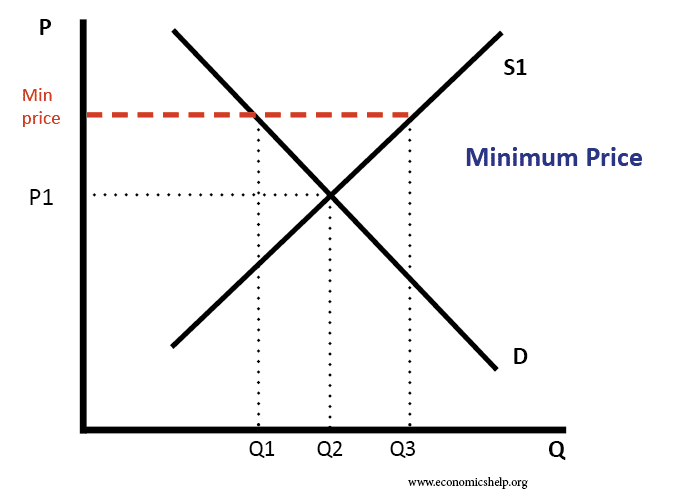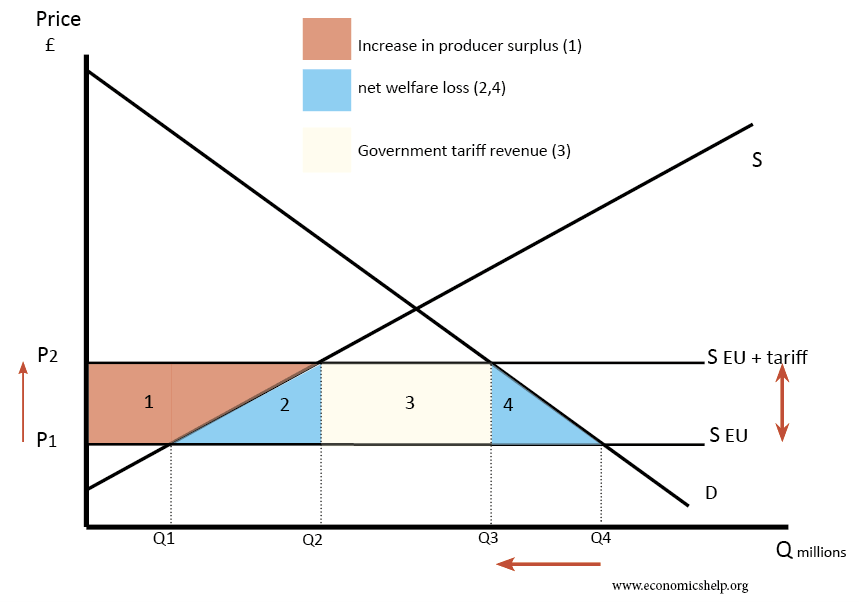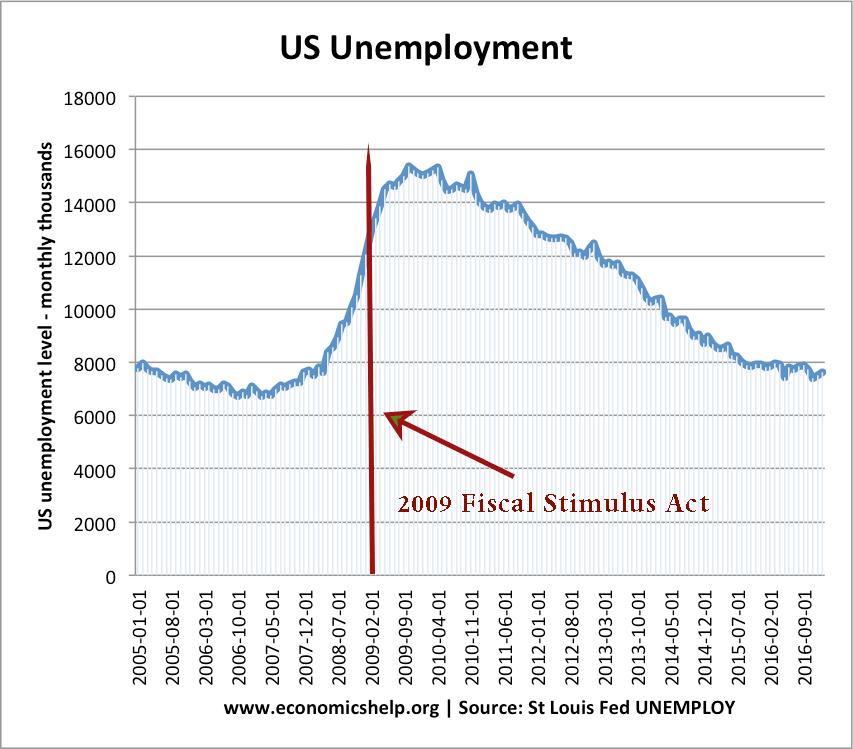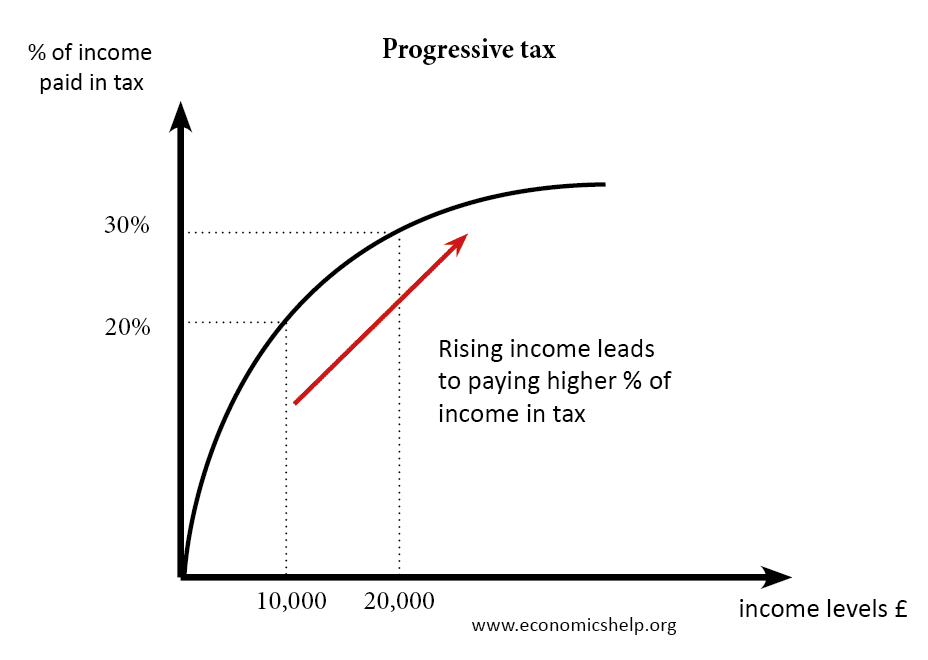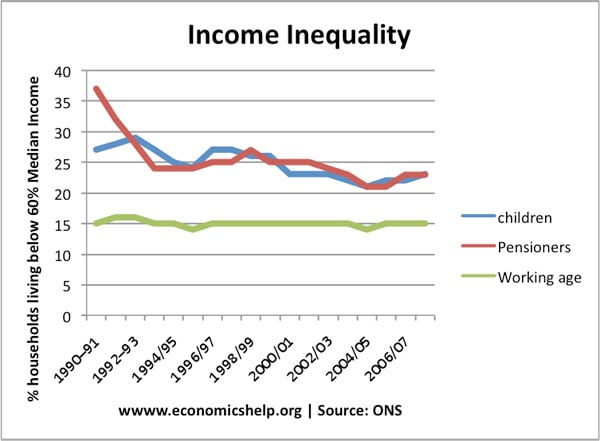Loss aversion
In behavioural economics, loss aversion refers to people’s preferences to avoid losing compared to gaining the equivalent amount. “losses loom larger than gains” (Kahneman & Tversky, 1979) For example, if somebody gave us a £300 bottle of wine, we may gain a small amount of happiness (utility). However, if we owned a £300 bottle of …

